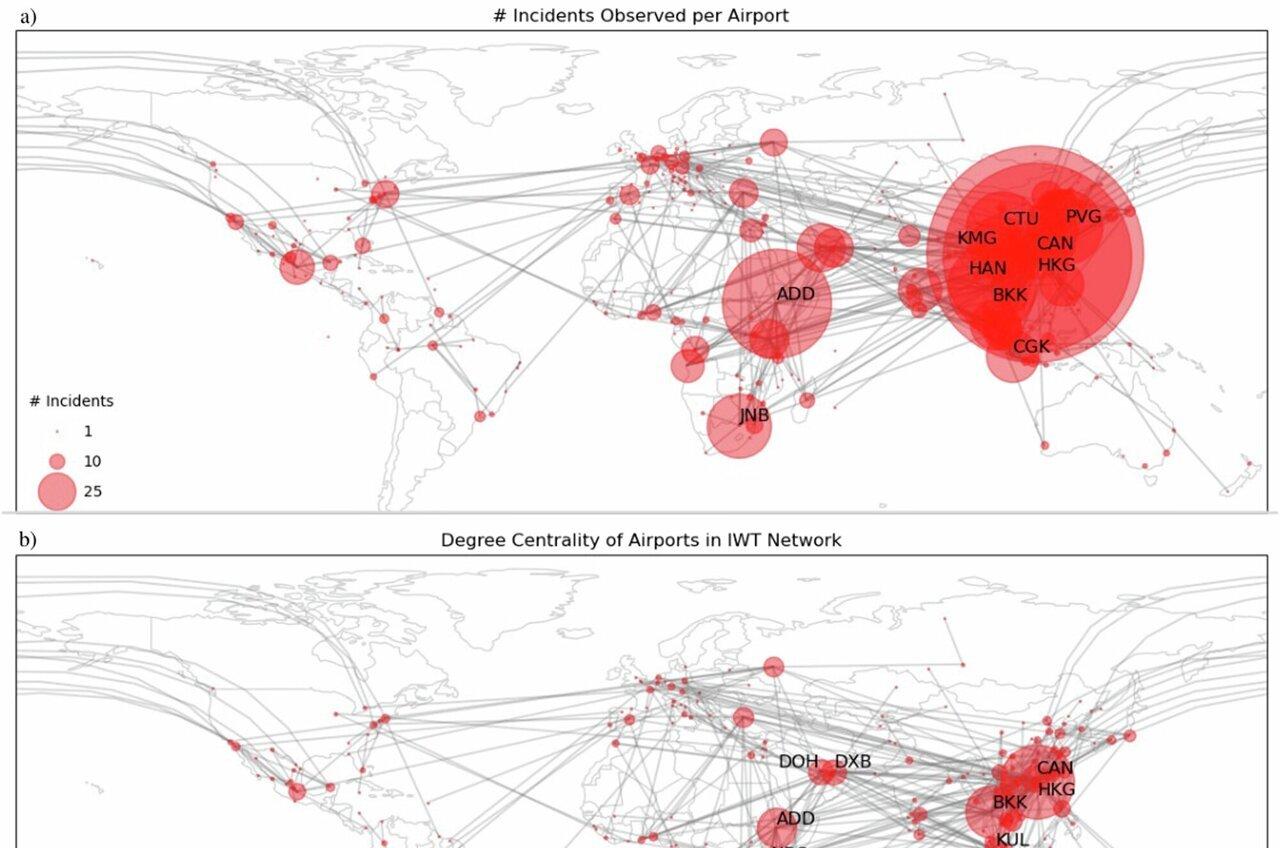US Discontinues CFM LEAP-1C Engine Sales To COMAC
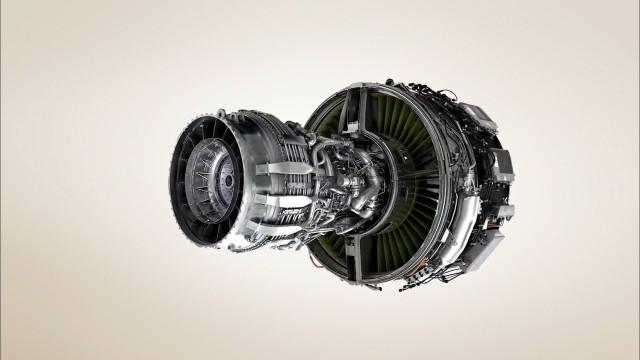
US Halts CFM LEAP-1C Engine Sales to China’s COMAC
The United States has suspended the sale of key American technologies to China, including the CFM LEAP-1C engines that power the COMAC C919 jetliner. This decision, which comes two years after the C919 entered commercial service, is expected to significantly slow production of China’s flagship passenger aircraft and complicate the country’s ambitions to compete with established models like the Airbus A320 and Boeing 737.
Currently, only 18 C919 jets are in service with Chinese airlines, but COMAC has plans to ramp up production to 50 units annually in the near term. The company faces a backlog of over 1,000 orders from domestic carriers and aims to deliver 30 aircraft in 2025, with a long-term goal of producing more than 120 jets per year by 2028. However, the suspension of engine exports threatens to leave newly built aircraft grounded without powerplants, stalling these ambitions.
The CFM LEAP-1C engine is produced by CFM International, a joint venture between GE Aerospace of the United States and France’s Safran Aircraft Engines. As the exclusive engine for the C919, the LEAP-1C’s unavailability leaves COMAC with limited alternatives. The move underscores the challenges China faces in developing its own advanced jet engines, a process that remains years behind Western technology.
According to sources cited by Reuters and the New York Times, the U.S. action is part of a broader review of exports deemed strategically significant to China. The U.S. Commerce Department has suspended certain export licenses and tightened requirements in response to China’s own restrictions on critical mineral exports to the U.S. Aviation equipment is among the sectors most affected by these new controls, which come amid ongoing trade tensions between the two countries.
The halt in engine sales not only disrupts COMAC’s production plans but also strengthens the competitive position of U.S. and European engine manufacturers. With limited access to alternative engine technologies, COMAC may struggle to maintain its production targets and expand internationally. The C919 has yet to secure orders outside China and is still seeking certification from European regulators to enter new markets.
China has strongly criticized the latest U.S. restrictions. A spokesperson for the Chinese Embassy in Washington stated, “China firmly opposes the US's overstretching the concept of national security, abusing export controls, and maliciously blocking and suppressing China.”
As the trade dispute continues, the suspension of CFM LEAP-1C engine sales highlights the strategic leverage held by U.S. and European suppliers in the global aerospace industry. For COMAC, the move presents a significant obstacle to its efforts to challenge the dominance of Western aircraft manufacturers and to achieve greater self-reliance in critical aviation technologies.
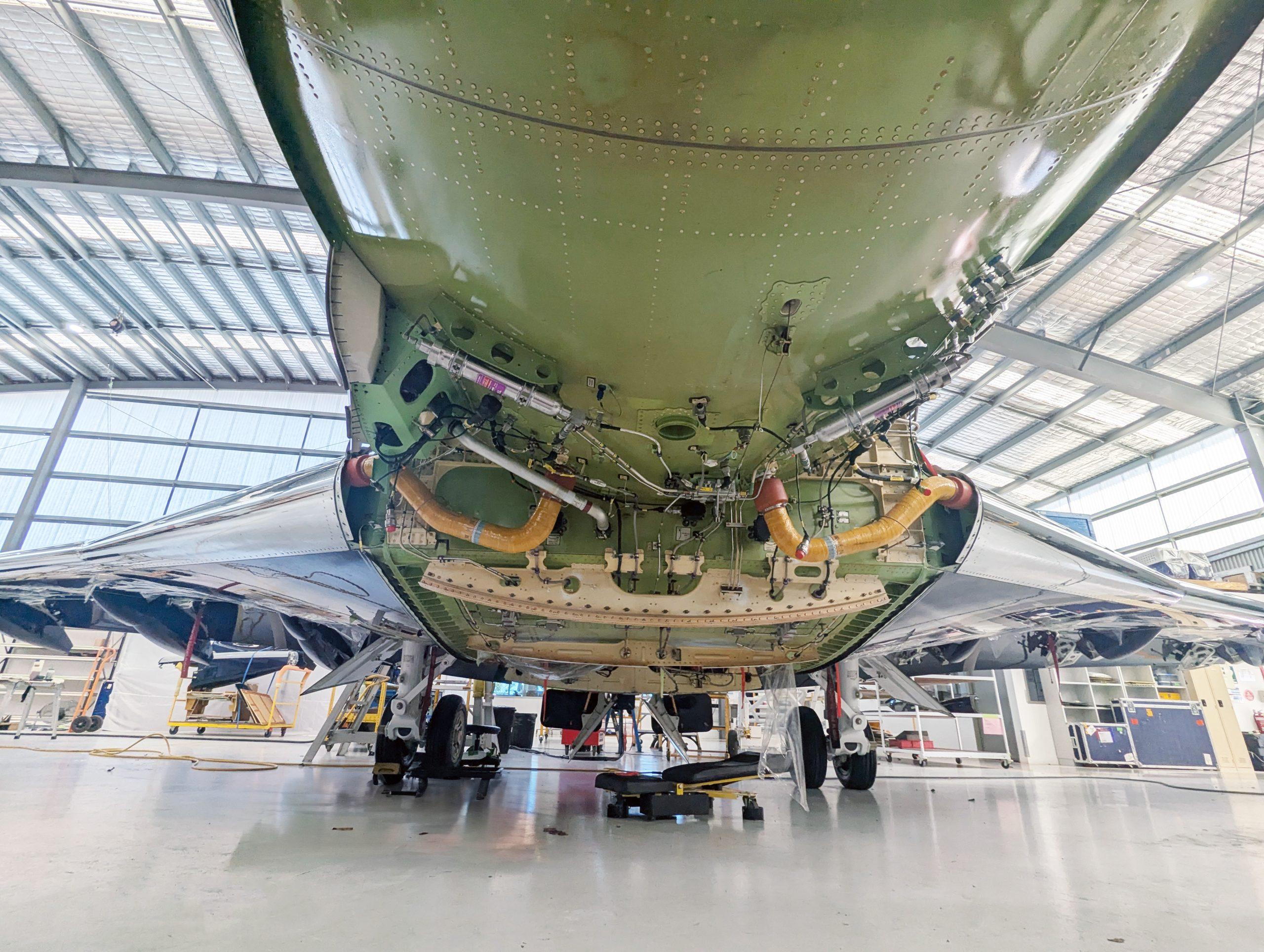
ExecuJet MRO Services Australia completes 1st Embraer Legacy 500 120-month check

Explosives in cargo, no engineer at arrival: What officials found on Turkish Airlines planes at Delhi, Bengaluru, Chennai, Hyderabad airports | Delhi News
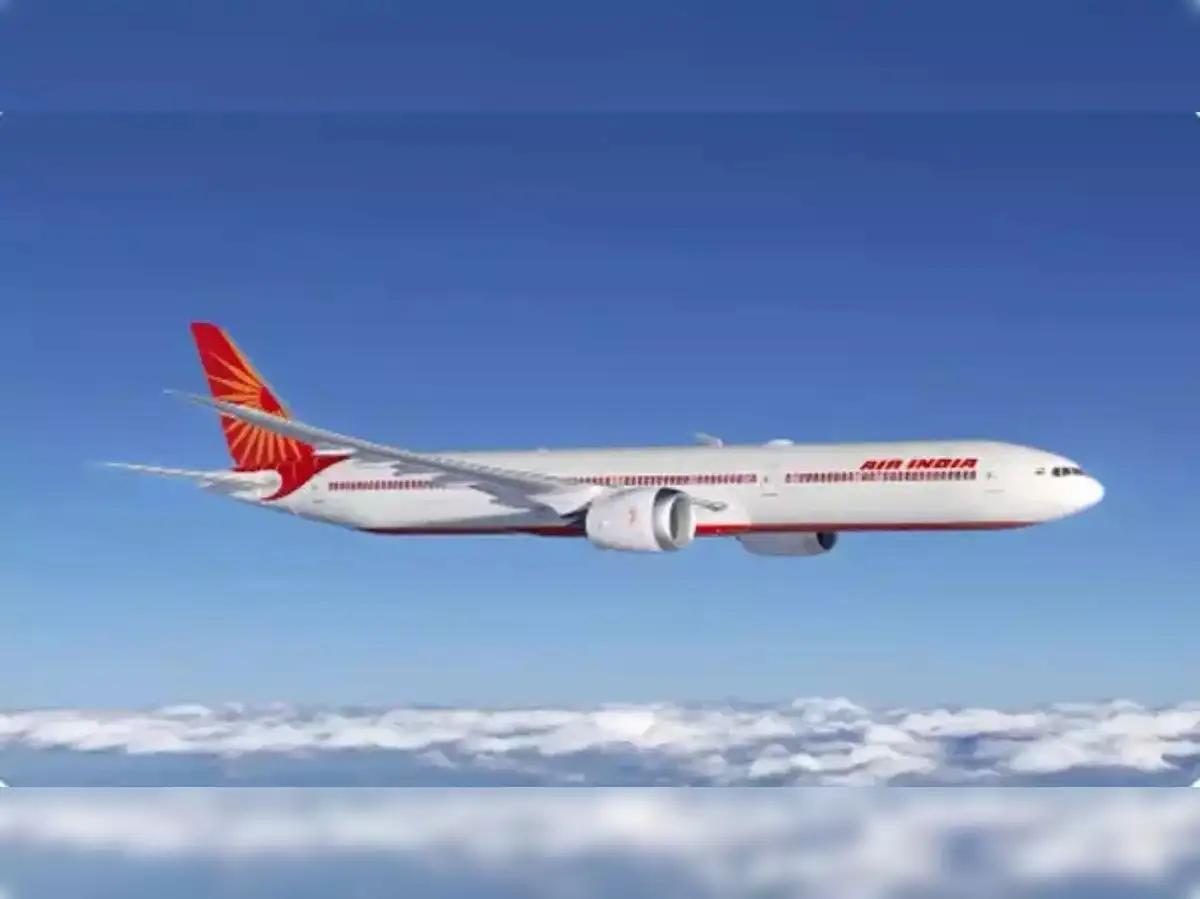
Airbus Prioritizes 1200+ New Deliveries to IndiGo and Air India
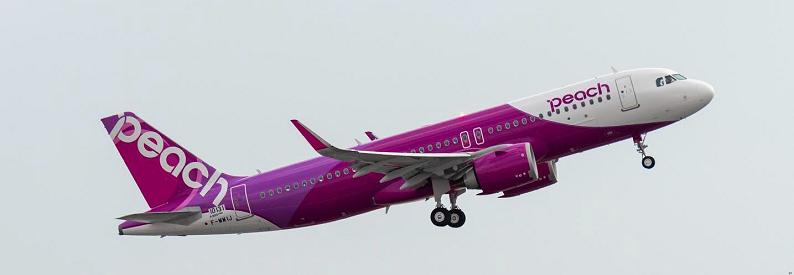
Japan's Peach Aviation leases hangar for business jet ops

United Airlines Joins with American, Delta, Frontier, Hawaiian in Delivering Airbus Orders, Electrifying Future of US Air Travel - Travel And Tour World
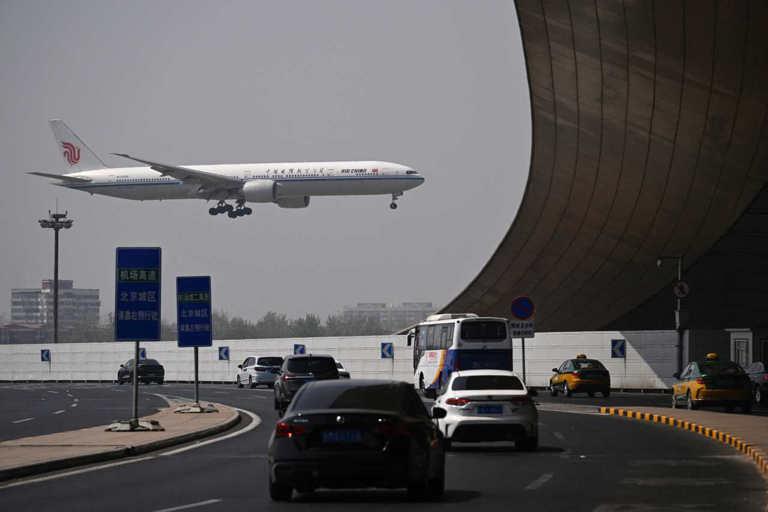
Boeing Stock Dips. Airbus May Have Won a Big China Order, Report Says.
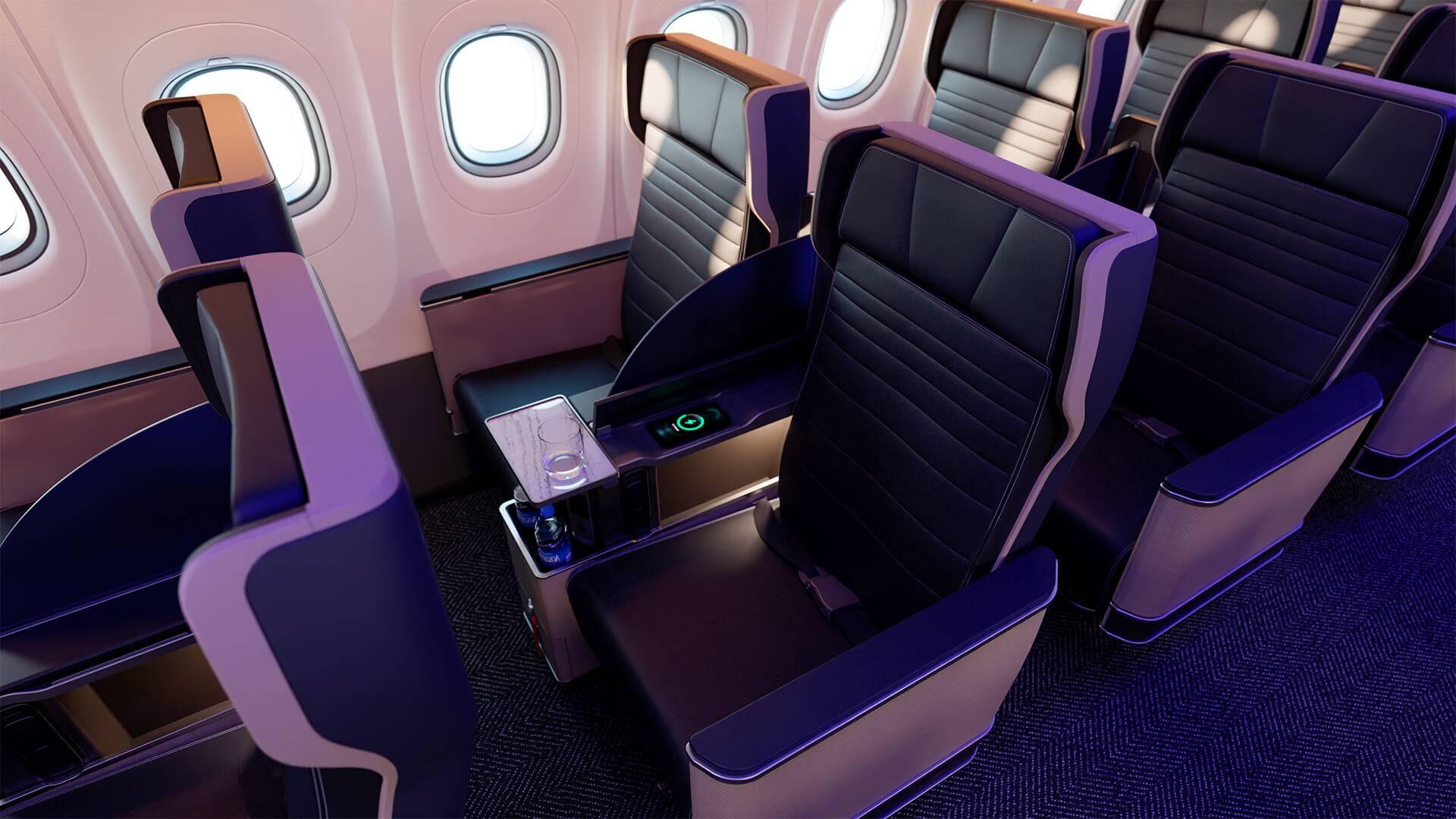
United Airlines Silently Orders 40 Airbus A321neos
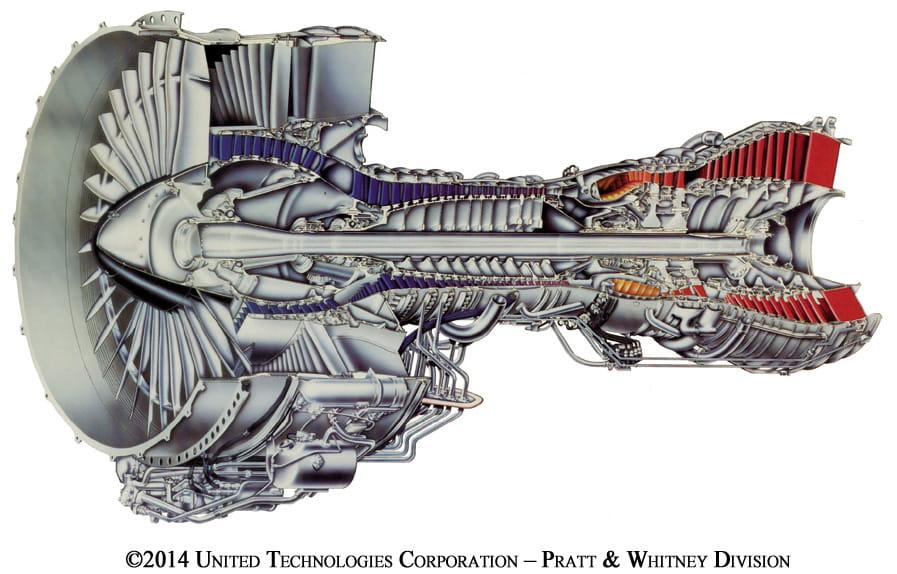
US FAA proposes PW2000 checks over metal contamination
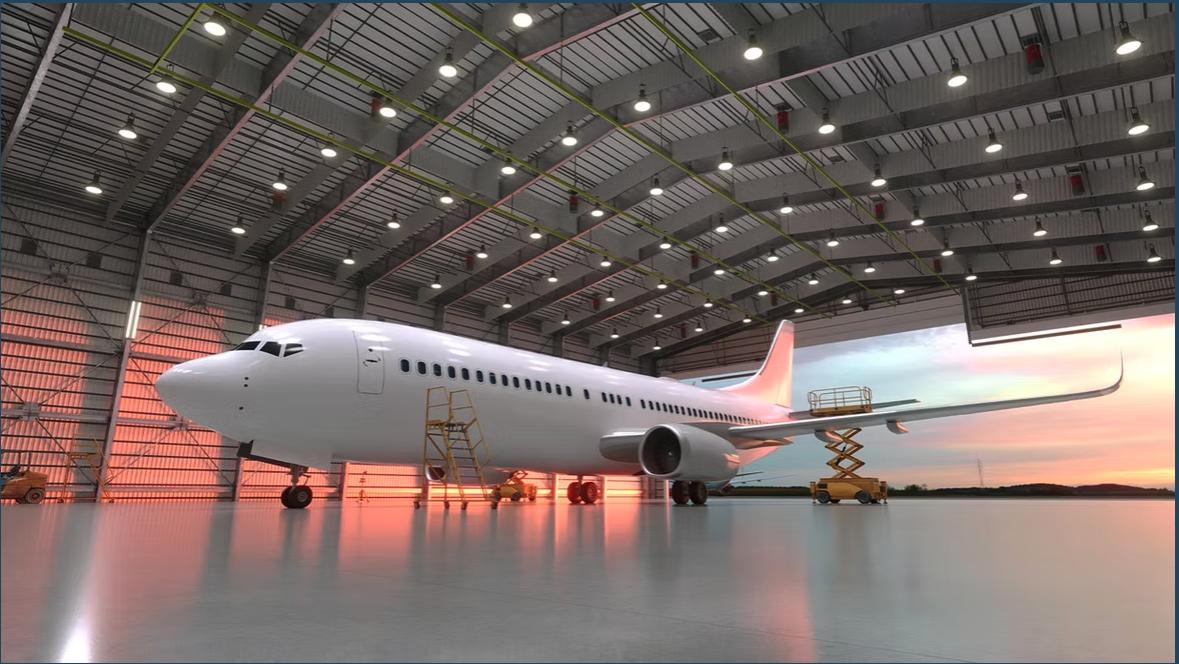
We Fix Big Planes: Company to Bring 250-300 Jobs to Lakeland Airport
